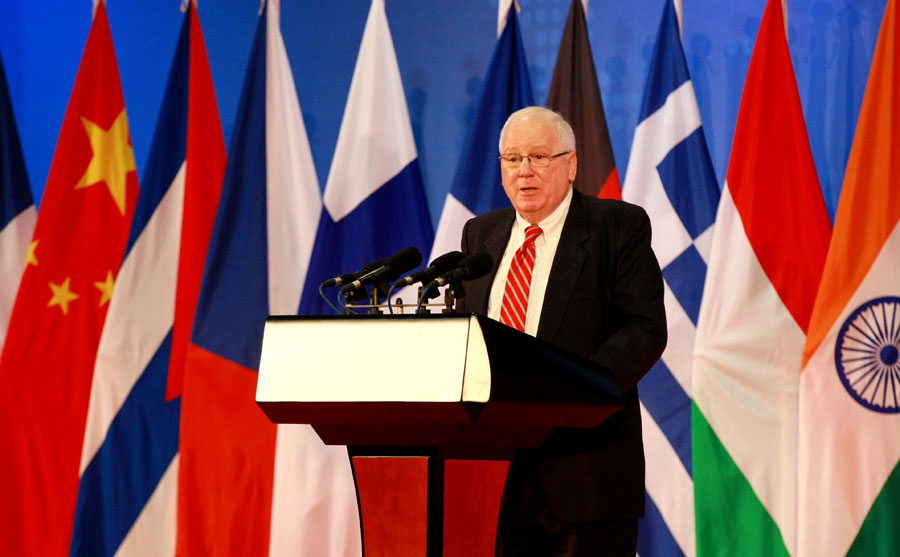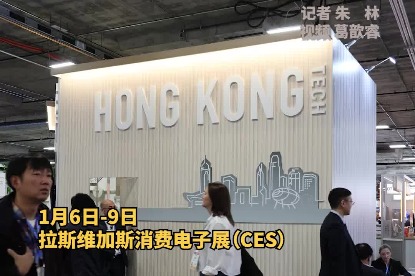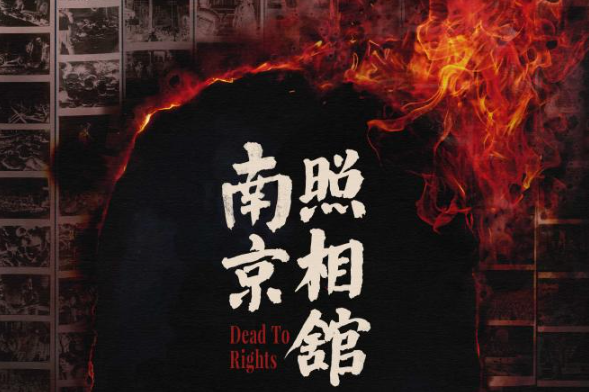July 22, 1944: A significant event in US-China relations


Having just returned from a two-week trip to China (my fourth visit this year), I came home with two strong impressions. First, that 2019 is being given a deep significance within the country as it marks the 70th anniversary of the founding of the People's Republic of China (PRC).
At the same time, it was also clear that the US-China bilateral relationship has been growing colder as hard feelings over tariffs and economic issues are seemingly being intensified by the perception of more strict US visa issuance policies.
While I was always welcomed in a friendly manner, these grievances are clearly affecting the overall bilateral relationship.
As I traveled around the country, I tried to bring some helpful perspective to the situation when speaking with Chinese associates and officials.
After acknowledging the Communist Party's 70th anniversary dating from 1949, I would suggest that there is another even older anniversary which perhaps should be highlighted to put current political and economic differences in perspective.
I would then tell a story about the Chinese Communist Party dating to July 22, 1944. For it was on that day 75 years ago, at the height of World War II, that a US Air Force plane landed in remote Yan'an where Chairman Mao Zedong had established his military and political headquarters after the Long March. Yan'an was a war zone with many of the buildings having been leveled or damaged by extensive bombing.
On that plane were senior US military officers and several US State Department China specialists. Known as the "Dixie Mission", this delegation had been sent to establish the first-ever US government contact with the Chinese Communist Party.
That time 75 years ago was arguably the most dangerous of the last 100-plus years for both countries, because of the threat that they both faced from the loss of sovereignty and potential subjugation by a foreign power. In the face of that threat, the United States and China, and indeed the United States and the Chinese Communist Party, were allies. Together they ensured that both countries remained free of foreign dominance.
As the issues that divide the US and China today are considered, it can be extremely helpful to remember that the current trade dispute is not anywhere close to the significance of the threats to both the Chinese and American people in 1944.
There is another interesting fact about this historic first-ever contact between the Chinese Communist Party and the United States that provides even more relevance to this 75th anniversary of the arrival of the "Dixie Mission". The political commissar of Yan'an who would deal with the American delegation was a young cadre still working his way up the party ladder. His name was Xi Zhongxun -- one of the future architects of the Chinese economic modernization and the father of President Xi Jinping.
It was my privilege to escort Governor Xi Zhongxun around Iowa in 1980 as he led the first delegation of Chinese provincial governors to visit the United States following the establishment of diplomatic relations between Beijing and Washington, the 40th anniversary of which I joined in celebrating at the Great Hall of the People in January.
On Monday, I am not sure whether anyone will stop to commemorate that special 75th anniversary of that historic first meeting in Yan'an. However, in Des Moines, Iowa, I will offer a private toast at our World Food Prize Hall of Laureates, the building in which President Xi Jinping has spoken and which is next to the first site Governor Xi Zhongxun visited in 1980 as part of that first delegation of Chinese governors to visit the US following the establishment US-China diplomatic relations. Recalling our history is the best way to keep current differences in perspective.
Kenneth M. Quinn is the president of the World Food Prize Foundation. A former US ambassador to the Kingdom of Cambodia, he assumed the leadership of the foundation on January 1, 2000, following his retirement from the US State Department after a 32-year career in the Foreign Service. The views don't necessarily reflect those of China Daily.
































